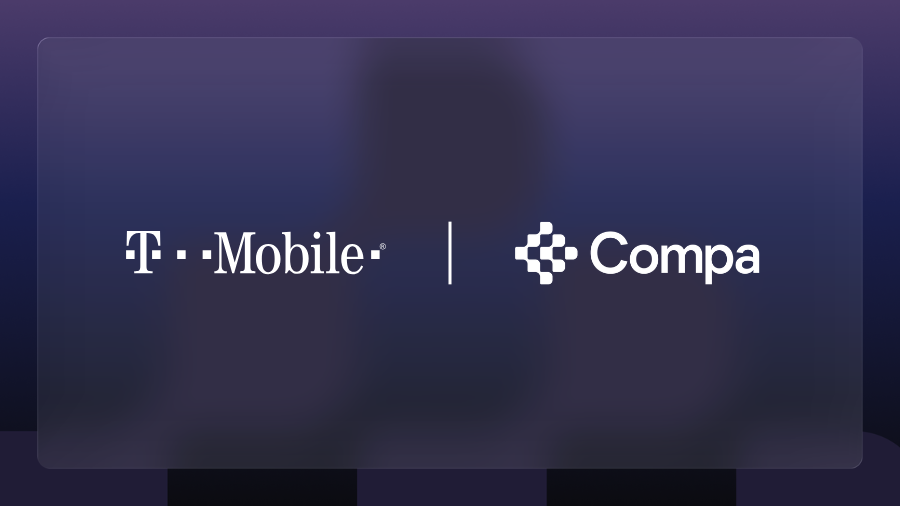Research Report
Using context to unlock AI for compensation
6 min read · October 8, 2025




Most people use AI like it’s a glorified notepad—summarizing docs, writing reports, and moving on.
But real change comes when you treat AI like a teammate, armed with context, engaged in conversation, and looped into your workflow.


What's happening with AI today
Access to AI is everywhere.
Fluency is rare.
In a recent Compa Flash Poll, 90% of professionals said they have access to foundational models like ChatGPT, Claude, or Gemini. Yet nearly three out of four—73%—still rely only on ChatGPT.
AI mandates don’t equal mastery
Compa’s recent Flash Poll found that 70% of compensation teams have AI adoption mandates. But their use remains narrow and focused on drafting docs, summarizing, and light ideation.
Fluency comes from using AI beyond work tasks
Compensation leaders use AI 2–4 hours a week for work and 1–2 hours for personal projects. To increase fluency, practice on personal projects, not just work tasks.
How context unlocks AI
The core idea:
Feed your AI tools real-world context and build something together.
How do you provide context for AI?
You can use a doc, image, spreadsheet, Slack thread, video—anything with substance.
Context adds depth to the conversation, turning ChatGPT into your analyst, Claude into your dashboard designer, and Gemini into your research assistant.
Building with context, step by step


1. Ingest
Drop your doc, image, or dataset into a Claude project (or ChatGPT thread).


2. Analyze
Start messy, ask questions, and don’t over-polish.


3. Build
Turn analysis into dashboards, frameworks, or planning docs.


4. Repeat
Every output becomes the next input.
In a recent Compa Flash Poll, 90% of comp leaders said they have access to foundational models like ChatGPT, Claude, or Gemini but 73% default to ChatGPT.


2 ways comp teams can use context for analysis
Case study #1
EU pay transparency directive
No context? No problem, you can build them from scratch.
Steps:
- Use Gemini for deep research
- Summarize in Claude
- Generate a strategic roadmap
- Draft a product requirements doc (PRD)
- Feed it into a no-code tool like Replit
- Walk into the next meeting with a working prototype
Why it matters:
You go from “What is the directive?” to “Here’s the portal we’ll need in 12 months” in hours, not weeks.
Case study #2
Bonus program forecasting
Problem:
Bonus accruals use flat assumptions (100% payout).
Solution:
Monte Carlo simulations with LLMs.
Context:
Simple bonus spreadsheet
Tool:
Claude Canvas
Output:
Dynamic, simulation-based projections for finance.


3 challenges comp teams face with AI and how to beat them
Barrier
Challenge
Solution
Financial
Paid tools
Invest $20/month. ROI comes fast.
Functional
No time to learn new tools
Automate your busywork and reinvest saved time.
Social
Org isn't ready
Become the pioneer and teach by showing.
3 challenges comp teams face with AI and how to beat them
Deep research
Gemini
Ideation, drafting
ChatGPT
Dashboard + context
Claude
Prototype tools
Replit, Lovable
Notes -> Context
Excalidraw
What now?
You don’t need more prompts, you need better context, stronger ideas, and faster iteration.
That’s what context unlocks.



